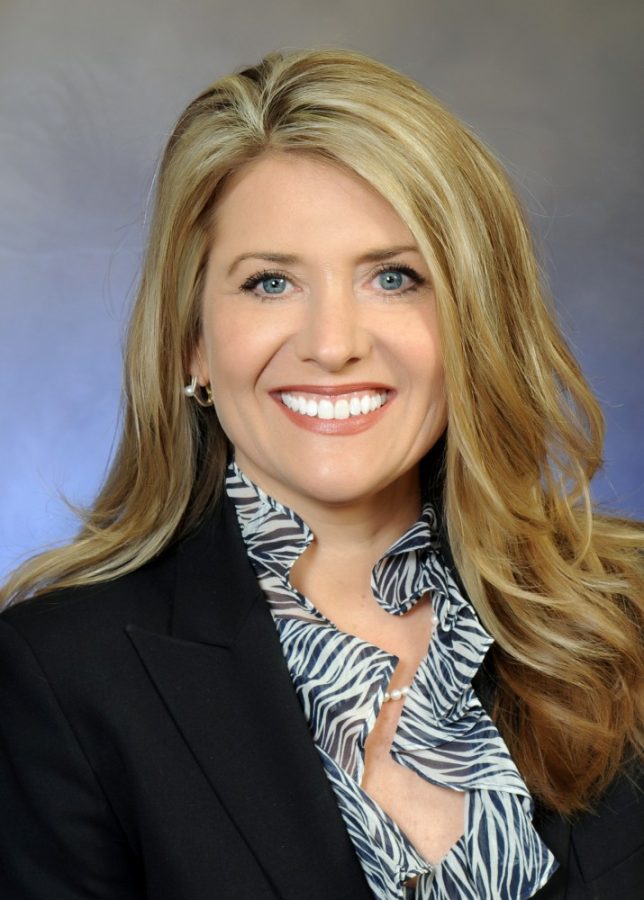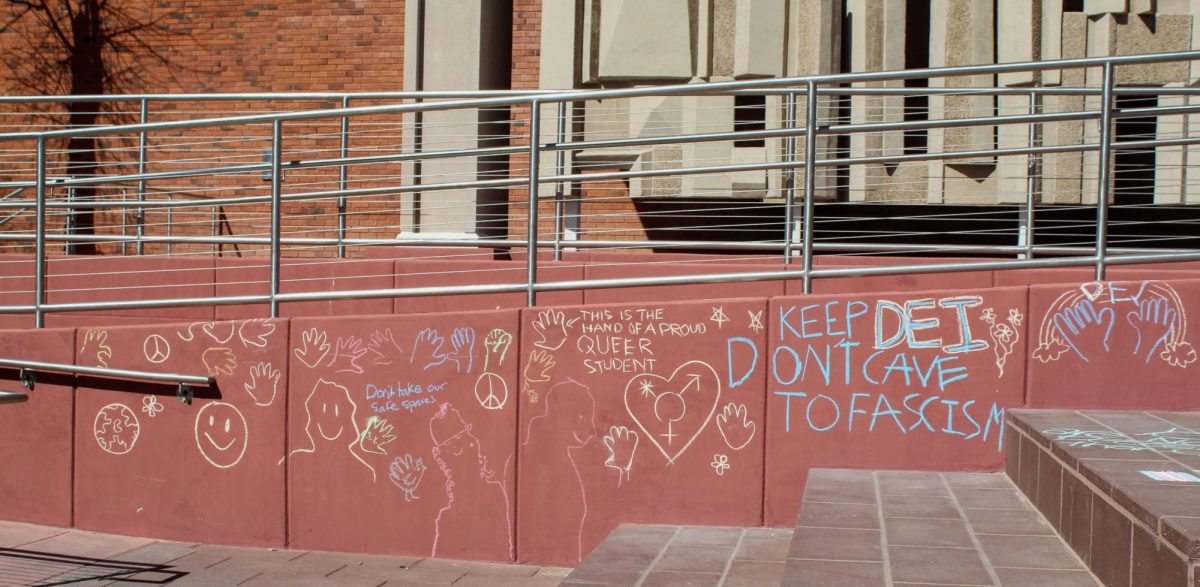Less than half of the seniors graduating from Arizona high schools meet the entrance requirements for the three major Arizona universities, according to a recent study done by the Arizona Board of Regents.
The study, published Sept. 17, used 2014 data to conclude that only 46.5 percent of seniors graduating from Arizona high schools meet all of the criteria set by Arizona schools.
As residents, students are only required to meet two standards — a GPA no lower than 2.50 and completion of 16 mandated competency courses with no more than two deficiencies. The only caveat is that the deficiencies cannot be in both math and science.
“We’re not asking our students to be straight-A, calculus-taking students when they come out of high school,” said Eileen Klein, president of the Arizona Board of Regents.
Klein said that the board is trying to target students who demonstrate a solid understanding of English, math, science, foreign languages and fine arts.
While Arizona universities are boasting the largest freshman classes in history, they are lagging behind in in-state numbers. Klein said that the board plans to post record numbers in 2015 in terms of the size, diversity and academic accomplishments of the freshman classes within Arizona.
“What we’re not seeing is record numbers of our Arizona students coming through and filling those seats in our classrooms. So, from a state economic development perspective I’m concerned about that,” Klein said. “We want our Arizona students to be, first and foremost, filling all the seats in our college classrooms.”
Despite the fact that enrollment in Arizona public schools has been steadily growing — graduation rates from Arizona high schools has increased by 4.1 percent since 2009 — the number of college-eligible graduates from Arizona high schools has held firmly below the 50-percent mark since the 1980s.
The entrance requirements noted in the board’s report make students who are in compliance with the standards automatically eligible to attend those schools. At the UA, the admissions department uses a comprehensive review process to evaluate the students who may not meet the automatic criteria.
The university’s comprehensive review process recognizes other aspects of an applicant’s merit aside from academic achievement. Two reviewers evaluate the student’s extracurricular activities, work experience and a number of other categories to determine whether the applicant is qualified to attend the university.
“If we believe a student will be successful here, we may admit,” said Kasey Urquidez, dean of Undergraduate Admissions. “It is our job to ensure we admit those who will be able to be successful at our university. … Our focus is on success. We never want to set someone up for failure.”
Since the publication of its report, the board has begun taking steps towards remedying Arizona’s low number of college-ready high school graduates.
During this week’s board of regents meeting at Northern Arizona University, Klein will recommend an attainment goal to the board on behalf of herself and the presidents of the state universities. The design would act in conjunction with Arizona’s private universities and community colleges to drive Arizona students toward a post-secondary education — a goal that Klein said she believes all post-secondary education institutions in the state can get on board with.
“I think it’s important that students have as many options available to them as possible,” Klein said, referring to growing enrollment numbers at private universities and community colleges, “but we all need to make sure that we are pulling in the same direction — and that is around helping to make sure that our students are prepared, and that we are helping them to get to and then through college.”
While she was not able to go in to further detail at this time, improved cooperation and alignment throughout Arizona’s education pipeline was a point that Klein continued to visit. Many of the initiatives she outlined addressed improving cooperation between the various parties in Arizona’s de-centralized education system.
Klein and the board of regents will further address the study and how they intend on improving upon the issues during this week’s board meeting in Flagstaff.
Follow Sam Gross on Twitter.









